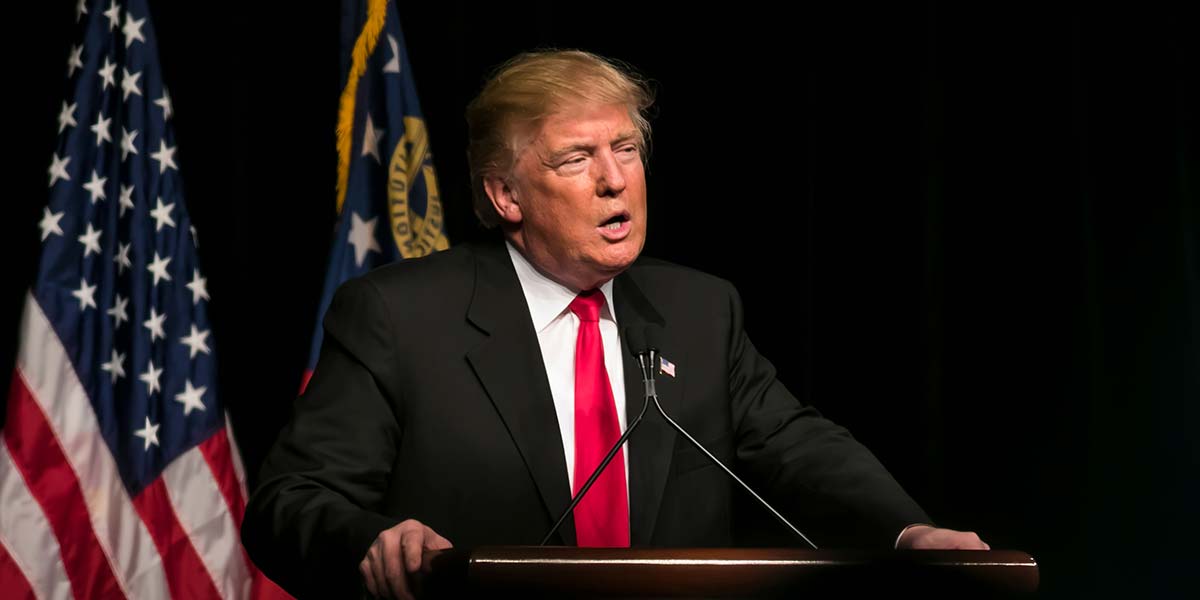U.S. President Donald Trump announced plans to impose a phased series of hefty tariffs on imported pharmaceuticals, beginning with a modest initial rate and scaling up to 150% within 18 months, ultimately reaching 250%. The proposed measure, intended to stimulate domestic manufacturing, was detailed during a CNBC interview on Tuesday.
While Trump refrained from specifying the starting tariff rate, he reiterated his intent to pressure global pharmaceutical firms to set up manufacturing in the United States, saying, in a year, at most a year and a half, tariffs will jump to 150%, and eventually to 250%, because the U.S. want these products made here.
His remarks follow previous statements suggesting pharmaceutical tariffs could climb as high as 200%. Back in February, he floated the idea of sector-focused tariffs on both drugs and semiconductor chips starting at 25% or more.
Additionally, Trump signaled imminent trade restrictions on semiconductor products, indicating further announcements on chip tariffs in the coming weeks without elaborating on specifics.
The escalation in trade rhetoric has already prompted multinational drugmakers to commit substantial investments in American manufacturing. AstraZeneca, for example, has recently announced a $50 billion expansion of its operations in the United States, amid concerns over looming tariffs.





